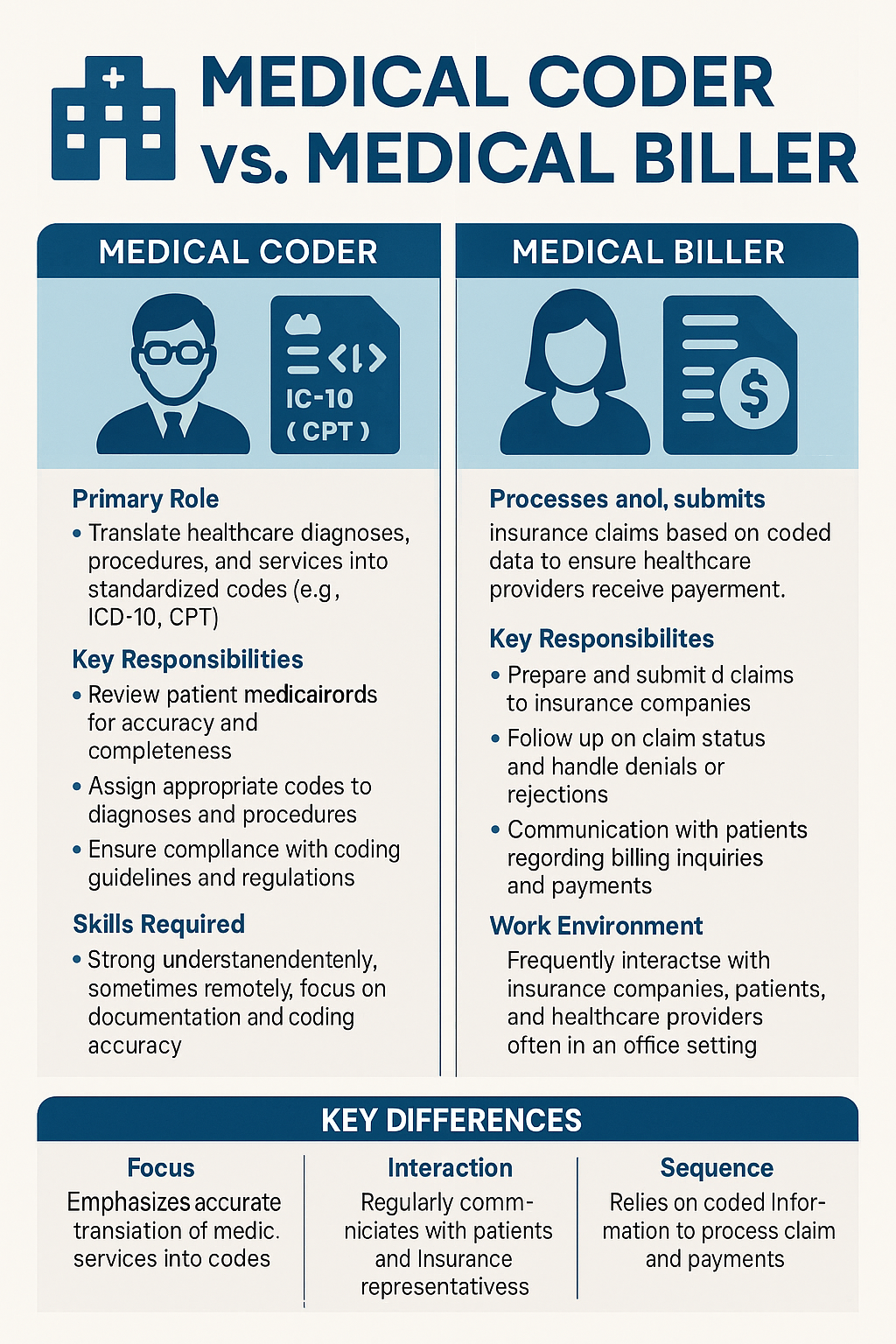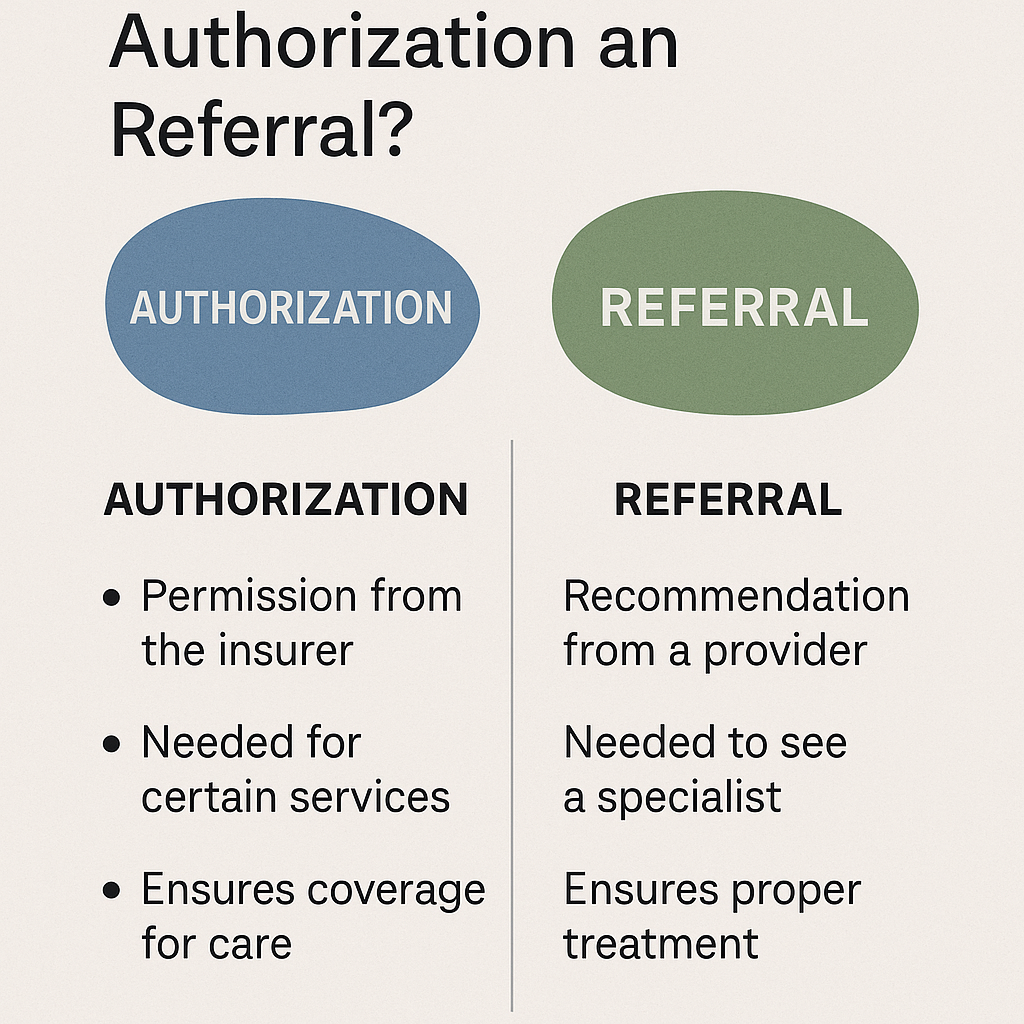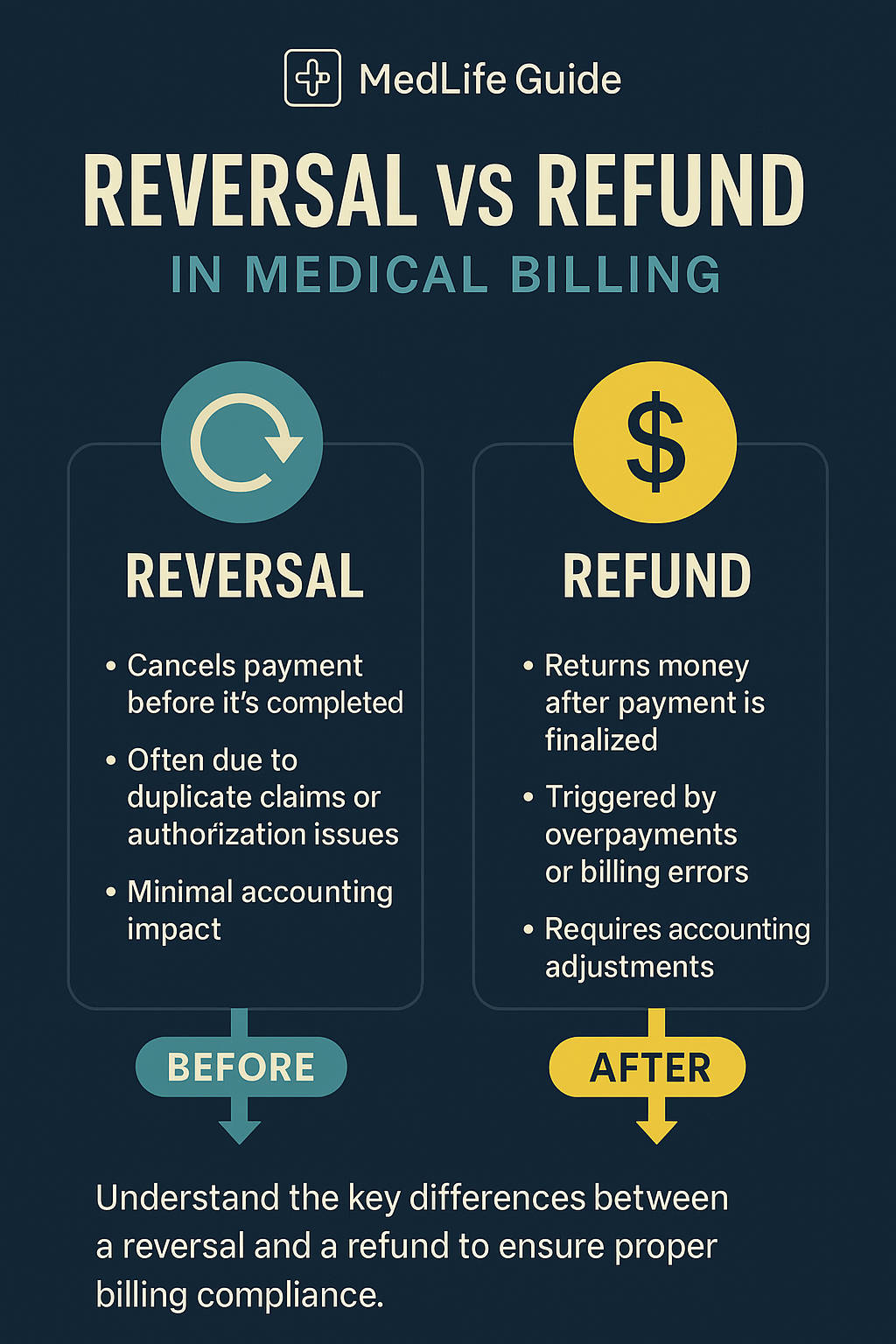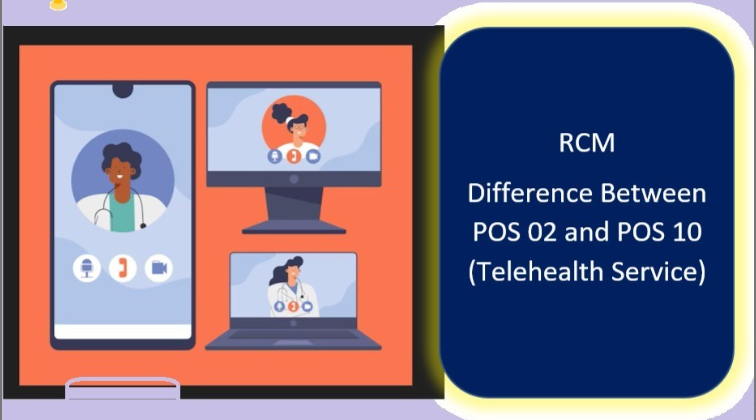Difference Between HMO, PPO, and POS
Choosing the right health plan affects both patients and medical billing efficiency. HMO, PPO, and POS plans each have unique rules, affecting claim submissions, cost-sharing, and provider access. Example: A small Texas clinic reduced denied claims by 20% by auditing each patient’s plan type, ensuring referrals for HMO patients, and checking network eligibility for PPO … Read more





